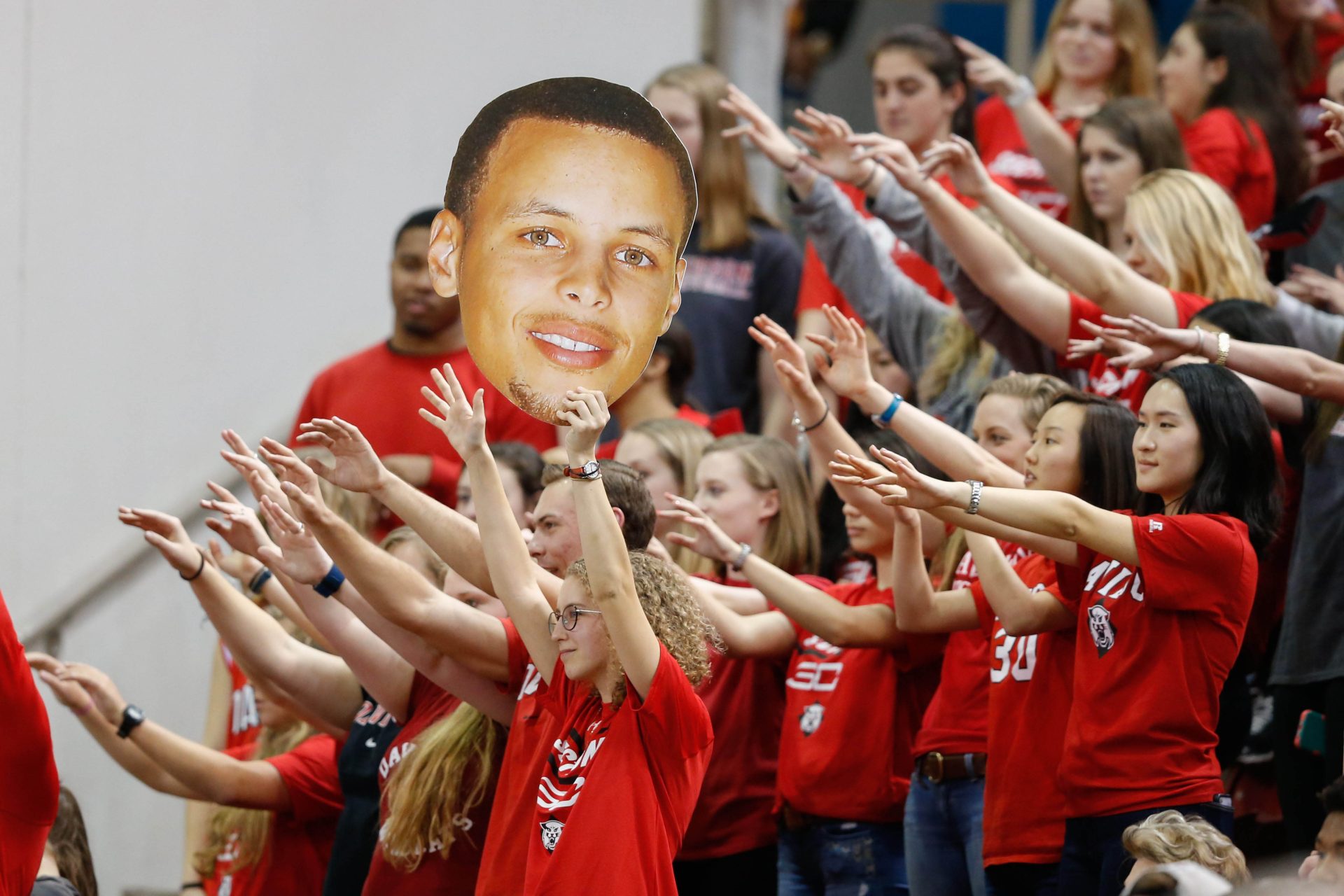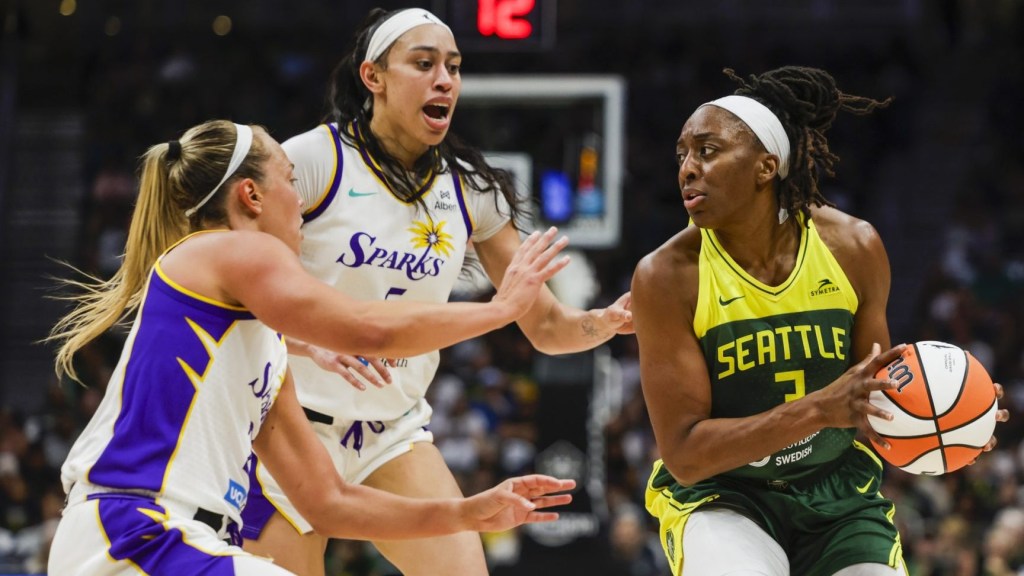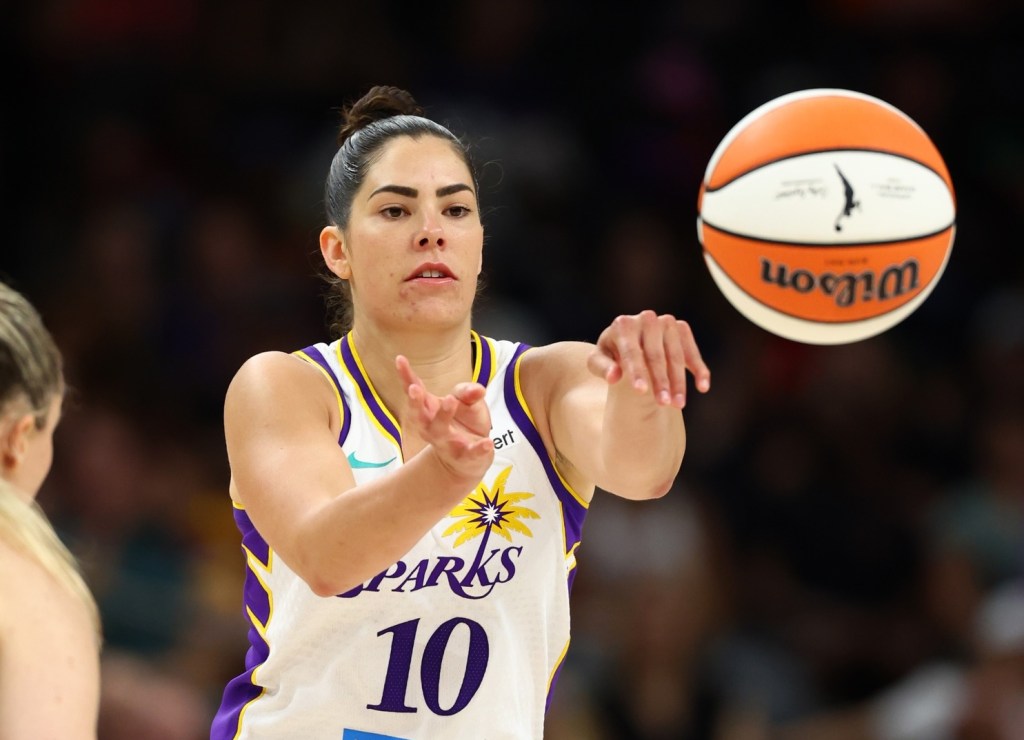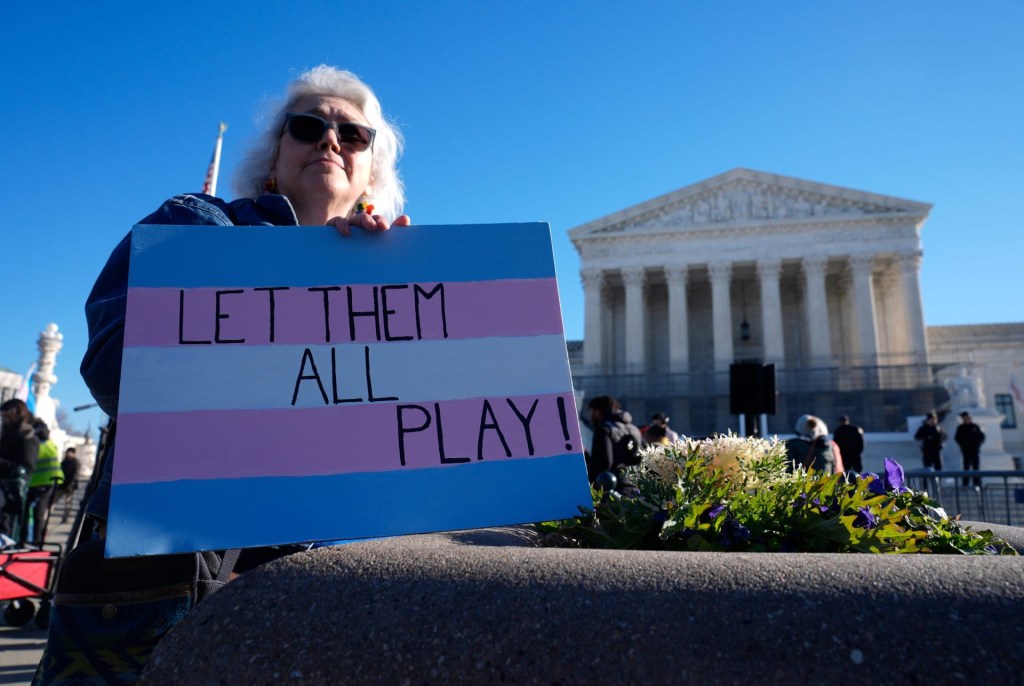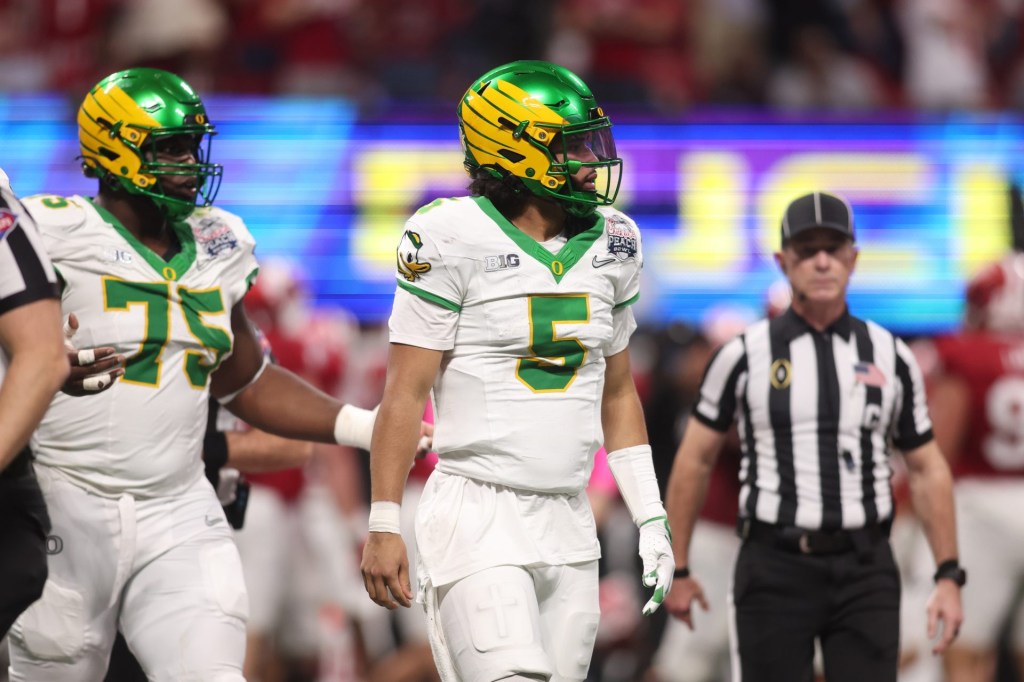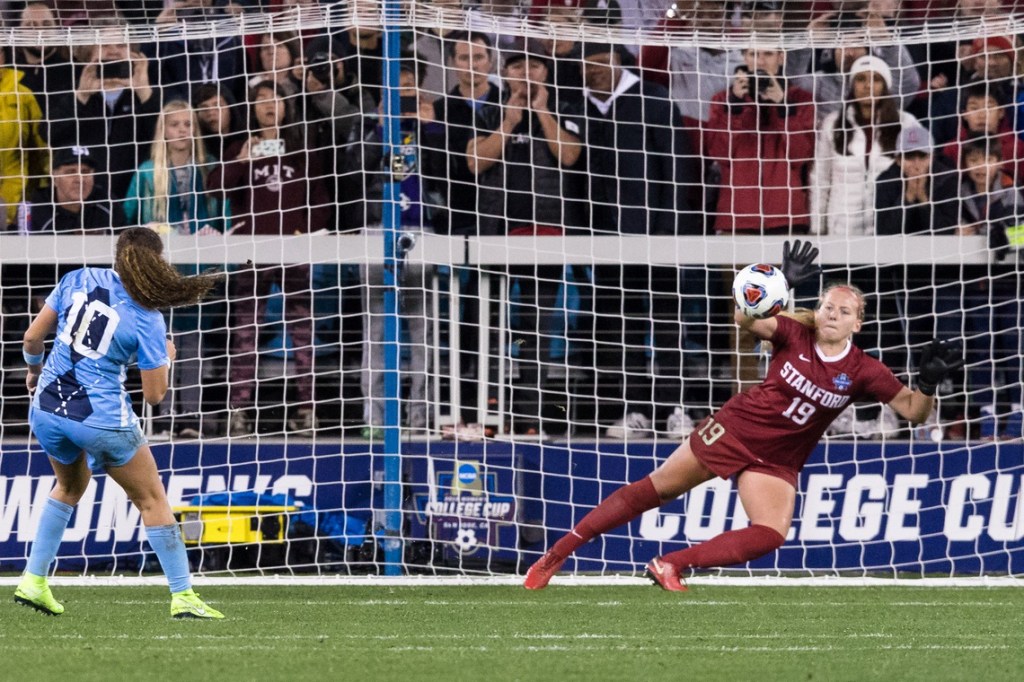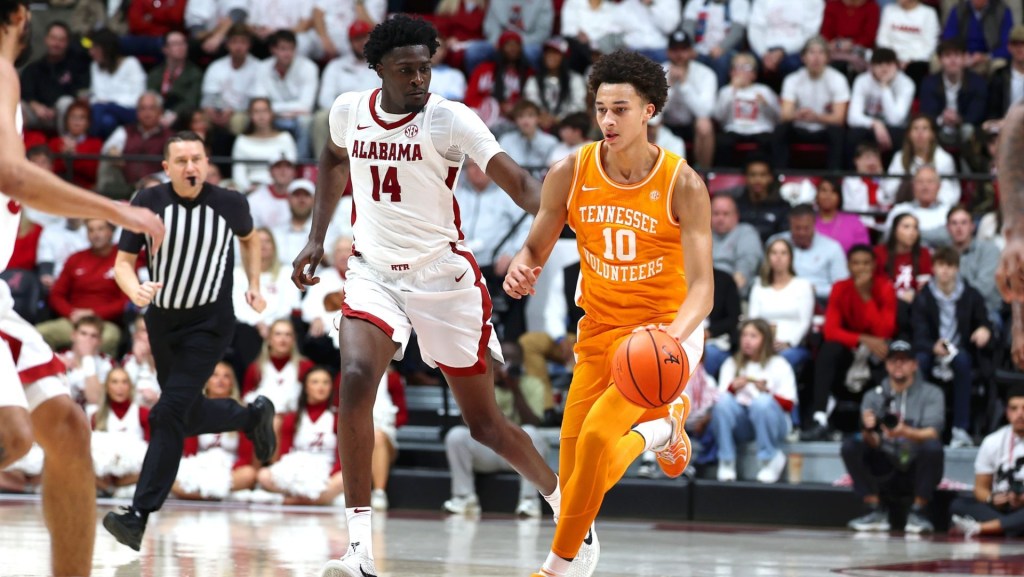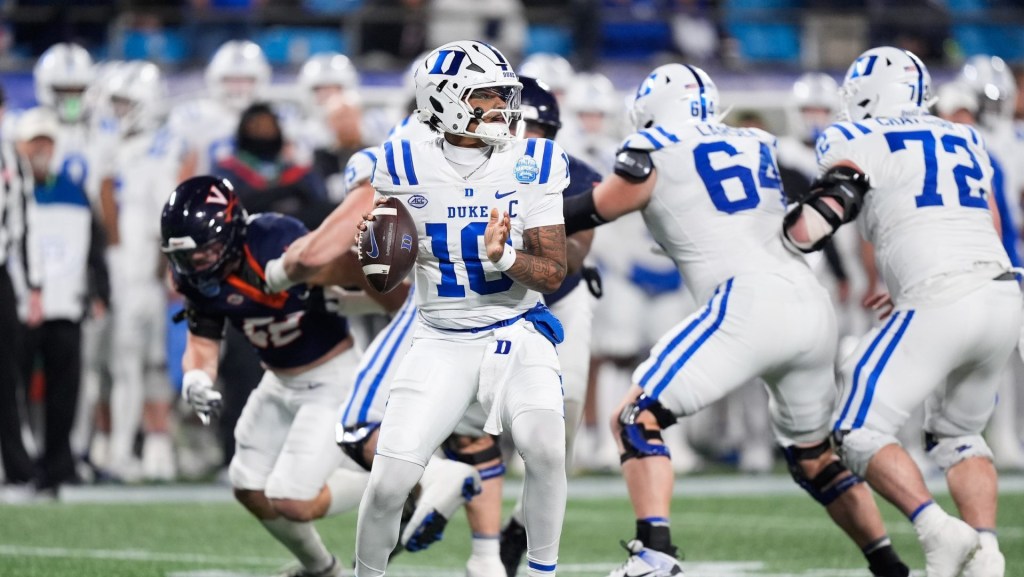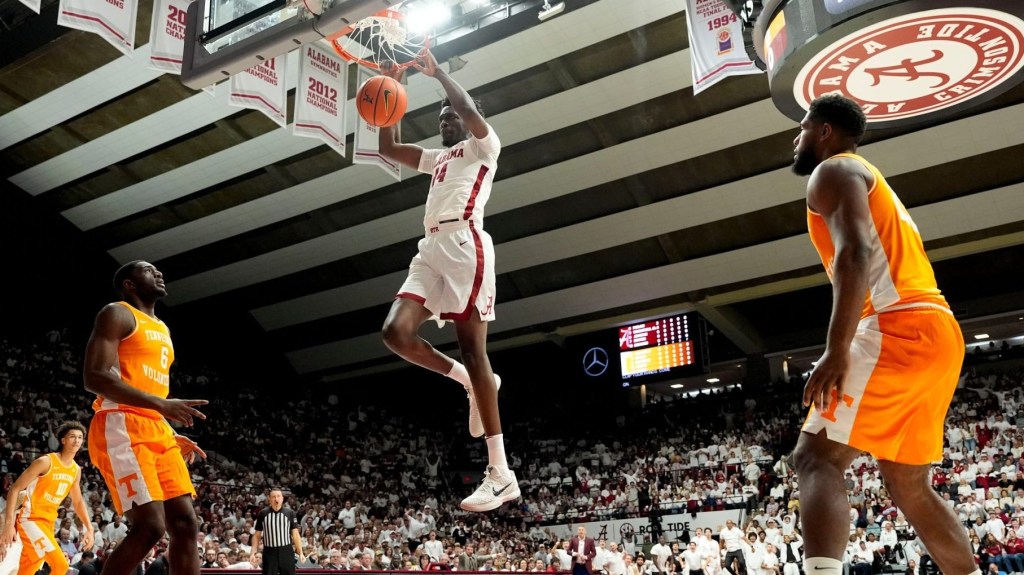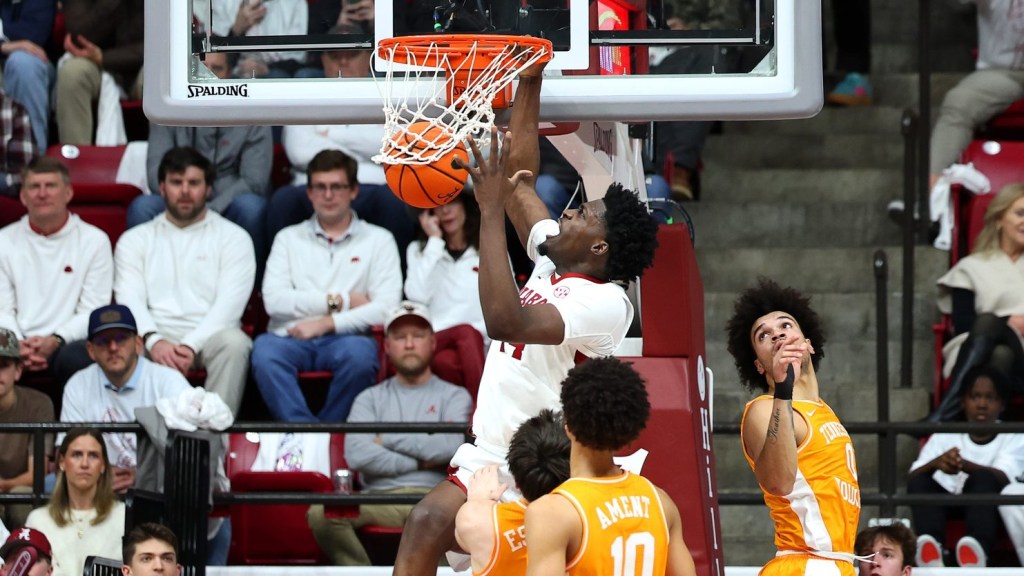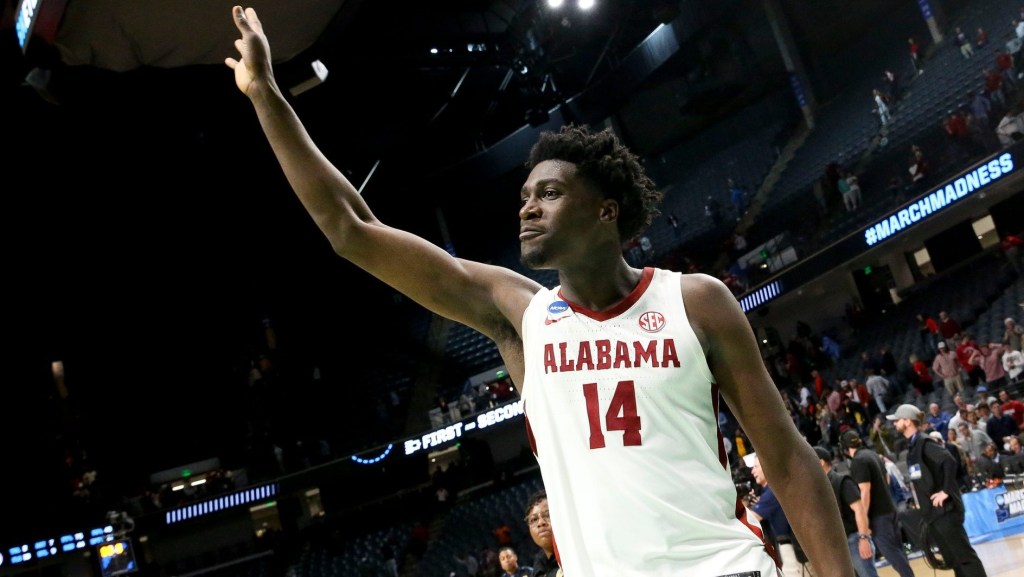In March, Wes Wilcox agreed to leave his job as the Sacramento Kings assistant general manager to become the GM at the University of Utah. He’d work alongside his longtime friend Alex Jensen, who was just named head coach. Just a few months later, Wilcox found himself sitting in an Omaha hotel room preparing to do something he’s never done: watch a high school AAU tournament.
After more than a decade in NBA front offices, Wilcox is now trying to navigate high school recruiting, the transfer portal, and all of the NCAA’s rules and regulations in light of the House settlement, which was finally approved Friday.
“College basketball is shifting dramatically,” Wilcox tells Front Office Sports. “Much of what is required in the current college environment is what the NBA has been doing forever.”
The GM role has gone from novelty to necessity in a way few other college sports jobs have as schools have been preparing for revenue-sharing in the case that the House v. NCAA settlement was approved. GMs are tasked with handling the newest facets of the industry: recruiting and roster management in the era of “unrestricted free agency.”
In the basketball world, two different types of GMs have emerged: the “ceremonious” GM, usually a voluntary role taken on by a big-name NBA player to entice recruits; and the full-time GM, an athletic department employee with less notoriety. Some schools have doubled down, having both an assistant and full-time GM—and the position is evolving with each hire.
In June 2022, Duke hired former NBA and Nike executive Rachel Baker to be a full-time GM of the men’s basketball team. Baker was the first to hold the role in college sports, with duties centered on helping players navigate the fledgling NIL (name, image, and likeness) era.
At the time, the more common job was NIL director—an athletic department-wide position focused on helping athletes secure NIL opportunities, and eventually working as a liaison with NIL collectives. But three years later, Baker is one of dozens of GMs at men’s and women’s basketball programs around the country—some of whom have come from the NBA world themselves, especially as the position looks more similar to that of a GM in a professional front office.
ESPN NBA insider Adrian Wojnarowski, however, arguably put the role on the map. Last September, Woj left $20 million on the table to become the GM of men’s basketball at St. Bonaventure, his alma mater.
In his first two months with Utah, Wilcox says a lot of aspects of his old job have translated to his current one including player evaluation, roster construction, market analysis of how much money the program has and how it will be used, and negotiation strategy and execution. Wilcox says Utah plans to hire an analyst and hopes to have part of the staff mirror an NBA front office setup as best it can.
Davidson basketball GM Austin Buntz spent several years at Under Armour, and originally joined Davidson’s athletic department in the fundraising department. But he’s recently moved over into the GM role, which he describes as “an extension” of the coaching staff. He doesn’t necessarily lead the recruiting efforts, but he handles all the conversations related to finances with current athletes, players in the portal, and potential high school recruits.
“The financial piece is arguably the most important piece to all of this now with players,” he tells FOS.
Buntz has also spearheaded the athletic department strategy around revenue-sharing. The settlement sets up a revenue-sharing capability for all schools in Division I up to a certain cap (around $20.5 million in 2025). Schools have to share money with all players, but there’s no requirement for how they divide it up. “I think the GM role is incredibly integral with rev share,” he says.
Davidson became the first school to create a “ceremonial GM” position, announcing in March that former star Steph Curry would become an assistant GM to both the men’s and women’s basketball teams.
Curry led Davidson to an Elite Eight appearance in 2008, which went down as one of the best Cinderella stories. Now, he’s helping the Wildcats get back to those glory days. Curry pledged an eight-figure investment, alongside credit card executive and fellow alum Matt Berman, to compensate players in the program. Buntz says the school will use that money to fund revenue-sharing and enable them to compete alongside richer programs. Otherwise, Curry’s GM role is in name only—he doesn’t have a contract with the school, isn’t getting paid, and has no set expectations or duties.
Several NBA players have followed Curry, though some are more involved in on-campus duties than others. Hawks star Trae Young was named Oklahoma’s assistant GM in March. During the NBA season, Young called recruits and pitched them on joining the Sooners.
Young became a form of inspiration to other college coaches. Florida State coach Luke Loucks saw Young’s role and immediately reached out to Terance Mann, Young’s teammates in Atlanta and a former Seminole who led the program to the 2018 Elite Eight. Mann said in April he’s a member of the coaching staff’s group text and has watched film on transfer portal targets. His other responsibilities include recruiting, alumni relations, and assisting in the team’s financial decisions as it pertains to the roster.
In April, Sacramento State announced that Shaquille O’Neal would serve as a ceremonial assistant GM. Shaq doesn’t have a personal tie to Sacramento State, but his son Shaqir will play for the Hornets under head coach and former Sacramento Kings star Mike Bibby. From a publicity standpoint, Shaq has already succeeded. Sacramento State athletic director Mark Orr tells FOS the program has a waiting list for season tickets, and new companies have reached out expressing more interest in working with players than ever before. Orr says: “It’s not often that you’re seeing this type of excitement around basketball in the months of April and May.”
As for what’s next for the full-time GMs embarking on their maiden voyages, Wilcox says he’s in AAU gyms looking for “the next right level player for University of Utah next year or the year after”—but he’s also looking toward future transfers. Jensen, his head coach, is well aware of Wilcox’s to-do list, which is why he needed him all along.
Jensen tells FOS: “The whole situation screamed ‘GM’ to me.”
